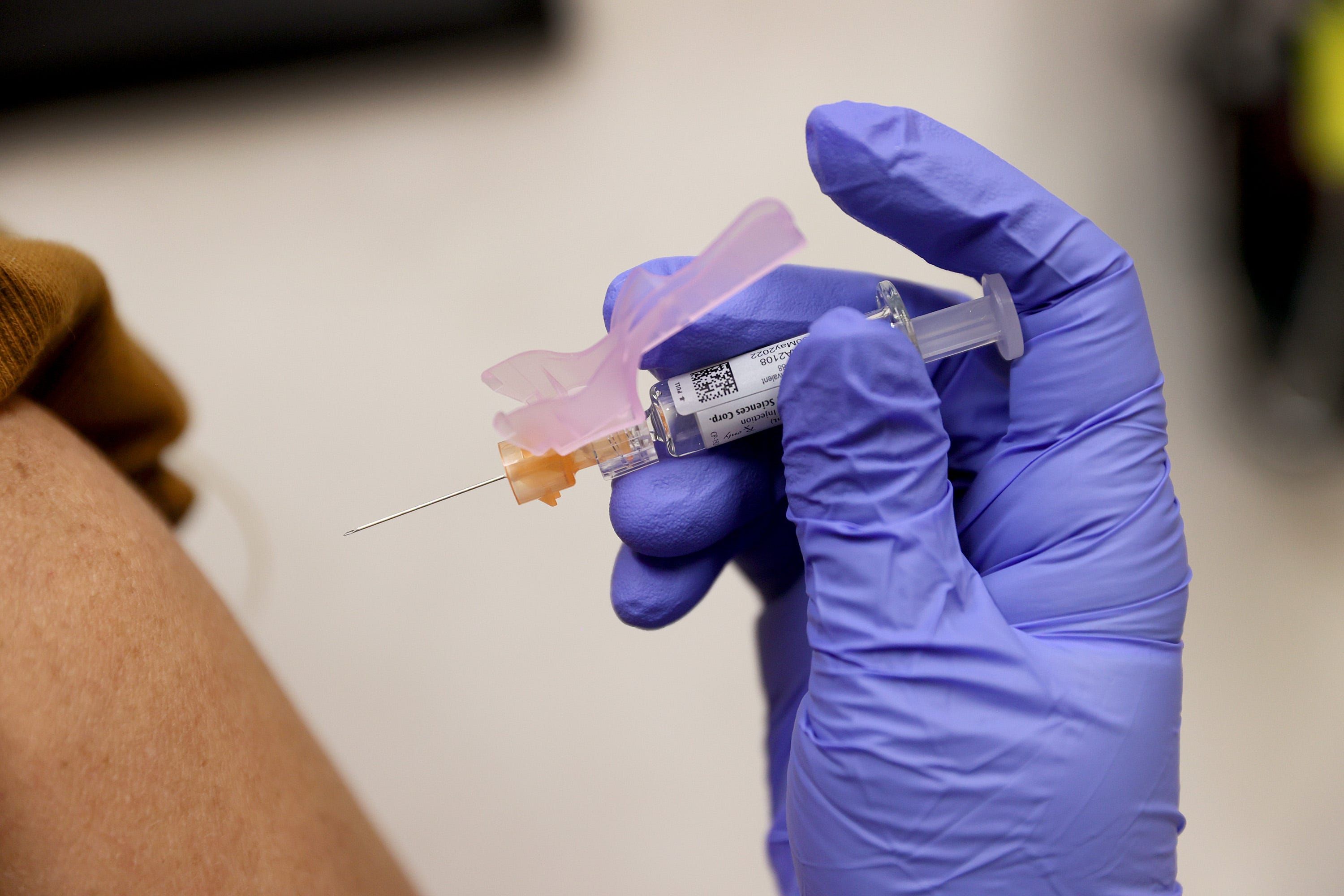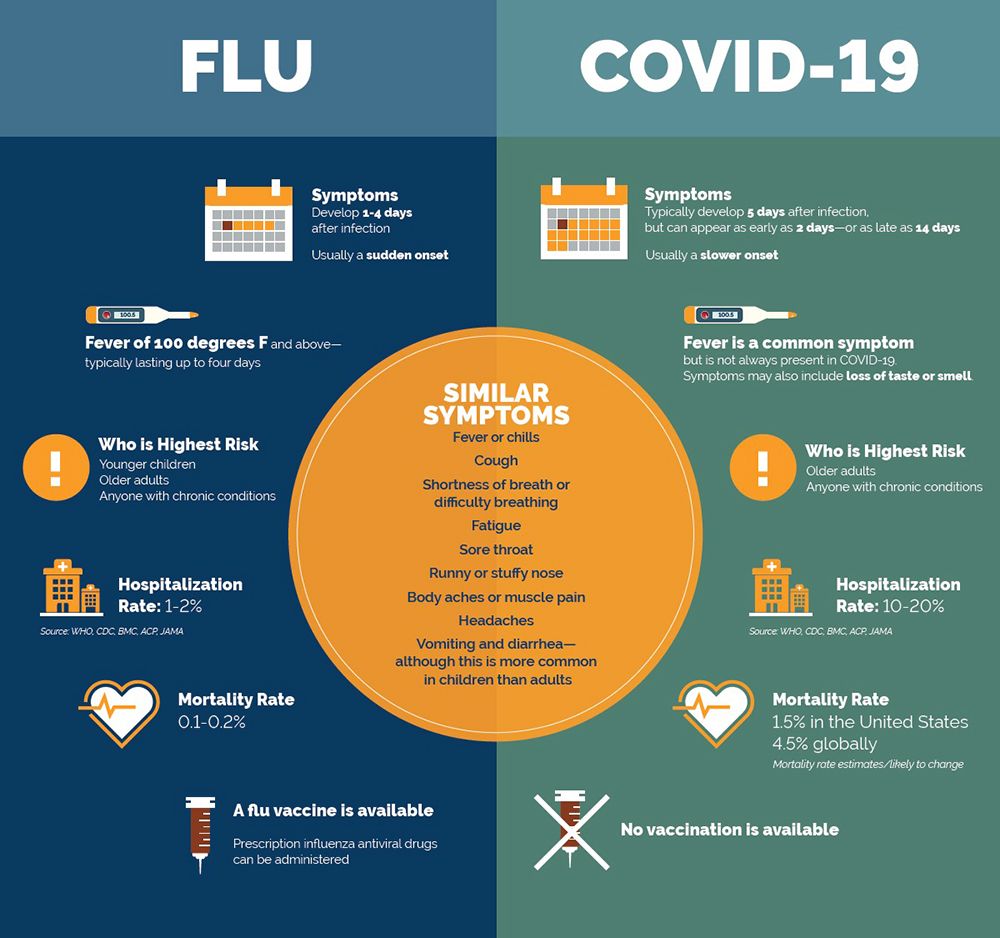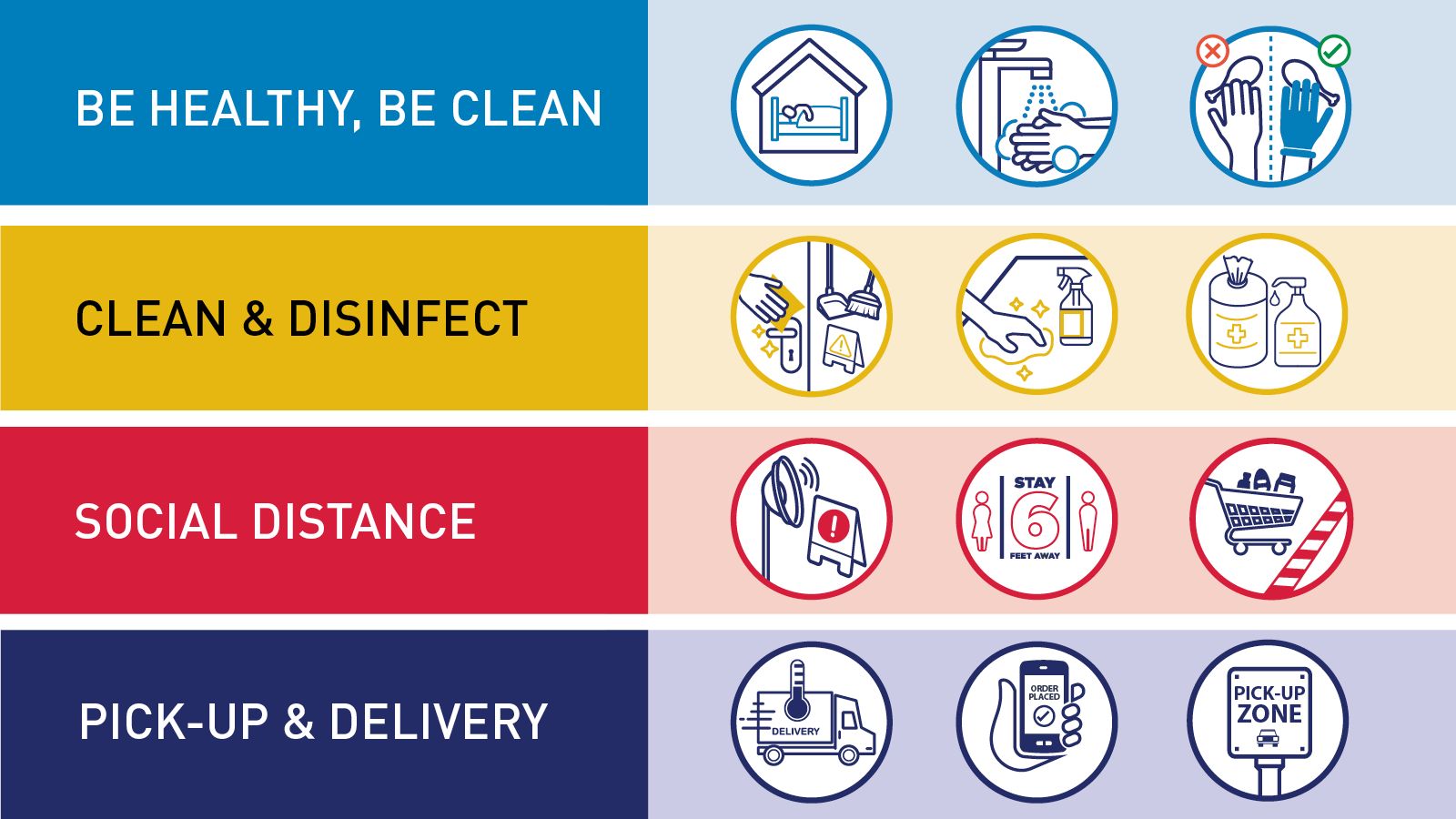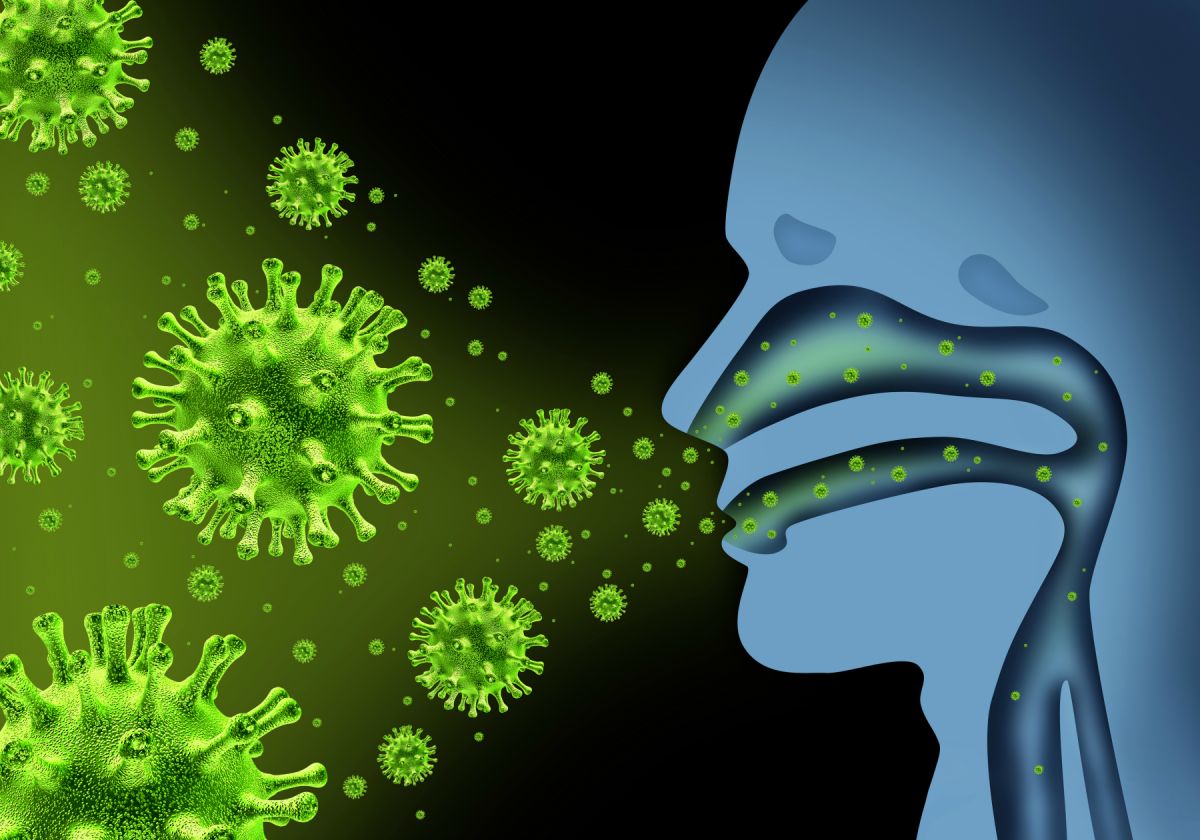Life after COVID-19

Flu Shots: How do they work?
In the time of the COVID pandemic where the whole world is struggling with the virus effect, people are yet again scared of another viral effect, influenza season. With the great work of the scientists they have designed a much better way of handling the flu season with the vaccination and it greatly reduces the chances of one getting sick as well as spreading it along.
Regardless of the way that both influenza and COVID-19 antibodies neutralize different infections, it has been for some time recommended that the right anticipation measures can work in relieving the gamble of the other illness also. Very much like severe COVID measures limited influenza hazard last year, there is proof to propose that having convenient influenza chances may assist with forestalling the seriousness of specific COVID manifestations, and help recuperation.

What are the Similarities between COVID-19 and Flu?
COVID-19 and flu have many similarities ranging from their spread to its complication, including:
- Spread: The viruses causing COVID-19 and the flu have a similar way of spreading. The viruses can spread through respiratory droplets or aerosols released through talking, sneezing, or coughing. Especially, both can spread between people in close contact (within 6 feet, or 2 meters). The respiratory droplets might land in the mouth or nose of someone nearby or be inhaled. These infections can likewise spread assuming individuals contact a surface with one of the infections on it and afterward contacts their mouth, nose, or eyes.
- Symptoms: The signs and symptoms may range from no symptoms to mild or severe symptoms. The various signs and symptoms of COVID-19 and the flu are similar, such as:
- Fever
- Cough
- Shortness of breath or difficulty breathing
- Tiredness
- Sore throat
- Runny or stuffy nose
- Muscle aches
- Headache
- Nausea or vomiting
- Complication: COVID-19 and the flu infection can lead to serious complications, such as:
- Pneumonia
- Acute respiratory distress syndrome
- Organ failure
- Heart attacks
- Heart or brain inflammation
- Stroke
- Death
Many individuals with this season's virus or gentle symptoms of COVID-19 can recuperate at home with rest and liquids. Yet, certain individuals become truly sick from influenza or COVID-19 and need to remain in the clinic.
As there are many similarities between COVID-19 and the flu, it can be hard to diagnose which condition you have based on your symptoms alone. Testing is important to confirm COVID-19 or the flu. You can also be infected with both diseases at the same time.

What are Flu shots?
An Influenza shot is a flu vaccine that is given through a needle, majorly on the arm. The vaccine protects against three or four influenza viruses. The vaccine works by introducing antigens in the human body. The antigens in turn produce the antibody that will help the immune system fight off a flu infection. The flu shots consist of inactivated flu viruses. Hence, they can trigger the antibody development without causing sickness. This is similar to showing the body the dummy and as a reaction the body produces antibodies. These antibodies are like the soldiers of the body who remember what those enemies look like and are prepared to fight them.
The flu shots are based on several factors like the age and health of the recipient; the particular type of vaccine received; and the similarity between the types of virus in the vaccine. Flu vaccines mutate very frequently hence they constantly need to be updated. This happens because the viruses have poor "proofreading" capabilities, meaning they are unable to correct subtle mistakes that occur in their generic material as they're trying to replicate themselves. These mutations add up and create genetically distinct flu strains.

What are the Benefits of Flu shots?
Flu shots have multiple benefits to the community. Some are stated below:
- Prevention from getting flu – The vaccine prevents people from getting the flu or visiting the doctor if someone gets sick.
- Reduce the severity of the flu – In case someone catches the flu even after the vaccination the severity of the flu is reduced.
- Saves children's lives – The vaccine saves a lot of children every year who die due to flu every year. For children with underlying high-risk medical conditions, the risk of death was cut in half.
- Beneficial for a chronic health condition – It has proven to be beneficial for patients with chronic health conditions like heart diseases, chronic lung diseases, diabetes, etc which may cause hospitalization.
- Spread of the flu virus – Helps in controlling the spread of the flu to other people especially the elderly, young children, or people with chronic health issues.
What is the Side effect of flu shots?
Flu shots may have side effects to many people which may include soreness, redness, and/or swelling where the shot was given, headache (low grade), fever, nausea, muscle aches, and fatigue. The flu shot, like other injections, can occasionally cause fainting.
The side effects are generally mild and go away in a few days. The flu shot, like other injections, can occasionally cause fainting.
Ways to Avoid COVID-19 and Flu?
Getting a vaccine for COVID-19 and flu is the best way to protect yourself. You can find ways to decrease your risk of disease from the viruses that cause COVID-19, influenza, and other respiratory contaminations. The best way is to adhere to the safety guideline measures, such as social distancing and wearing a mask. These may have reduced the length of this flu virus season and diminished the number of individuals impacted.
If you haven't had the COVID-19 vaccine, you can take many steps to reduce your risk of infection. Precautions may include:
- Avoid large events and mass gatherings.
- Avoid close contact with anyone outside your household.
- Washing your hands often with soap, or using an alcohol-based hand sanitizer.
- Wearing a face mask when you're in a crowded event or large gathering.
- Cover your mouth and nose with your elbow or a tissue when you cough or sneeze.
- Avoid touching your eyes, nose, and mouth.
- Cleaning and disinfecting high-touch surfaces daily.
Outlook
It is recommended that everyone 6 months of age and older should get a flu vaccine every season with rare exceptions.
The effectiveness of the Influenza (flu) vaccine can vary. The protection provided by a flu vaccine varies from season to season and depends on when and at what age & health status of the person getting the vaccine.

If you or anyone you know is suffering from the effects of Covid-19, our expert providers at Post Covid Centers will take care of your health and help you recover.
Call us on (469) 545-9983 to book a telehealth appointment for a home check-up.
People Also Read:
Post Covid Syndrome vs. Fatigue
While COVID-19 is a short-lived disease in most people, others experien...
Post Covid Syndrome vs. Skin Weakness Problems
A new study illustrates that some patients with COVID-19 disease have continuous skin-associated symptoms...
RELATED BLOGS
